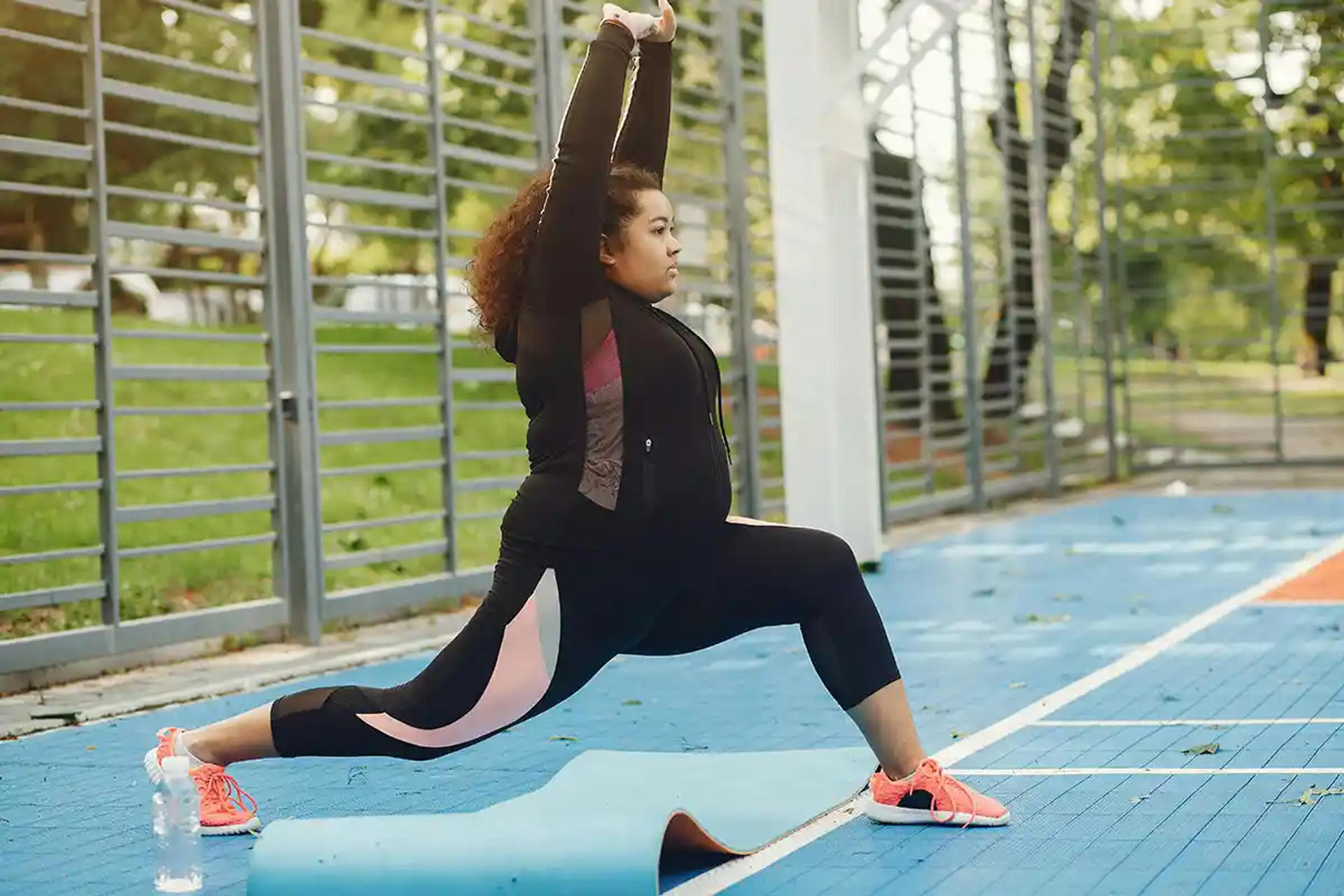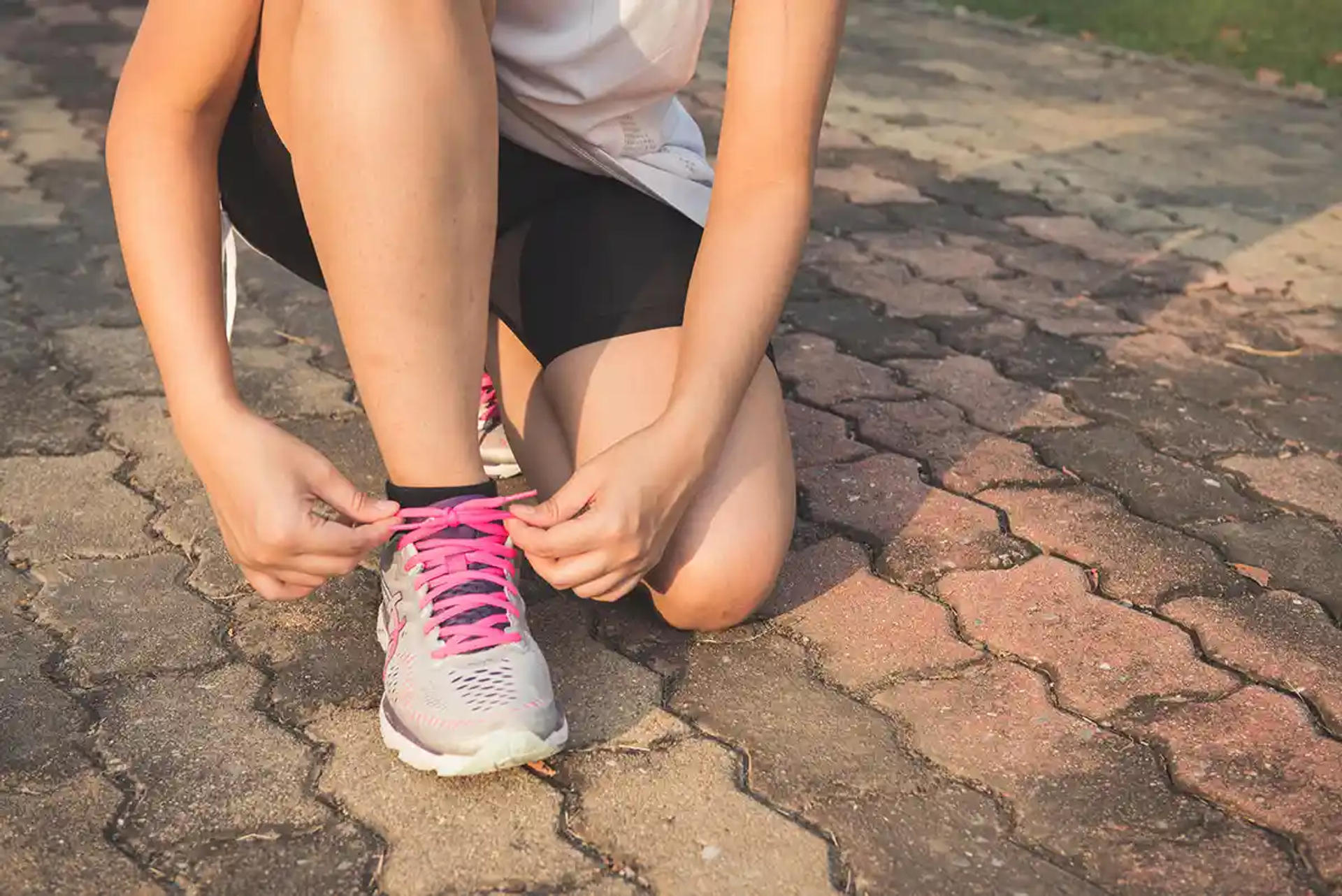What you need to know
Your guide to an active lifestyle
Engaging in regular physical activity can improve your heart health, strengthen bones and muscles, increase flexibility, and boost your mental health. This guide will help you understand the various forms of exercise and how to integrate them into your daily routine, regardless of your age or fitness level. If you haven’t had success losing weight with diet and exercise alone, you may want to consider weight loss medication.
You may be eligible for weight loss medication.
The benefits of regular exercise
The advantages of maintaining an active lifestyle are immense and include:
- Improved heart health. Regular exercise helps lower the risk of heart disease and stroke by strengthening the heart muscle, lowering blood pressure and increasing insuline sensitivity.
- Weight management. Physical activity helps burn calories, which can help you manage your weight and reduce your risk of obesity.
- Enhanced mental health. Exercise releases endorphins, which can help reduce stress and anxiety.
- Stronger bones and muscles. Resistance activities like weightlifting, yoga, and pilates can improve muscular strength and bone density, and improve your metabolism.
- Better sleep and increased energy. Regular exercise can result in better sleep patterns, increased energy levels and improved apetite control.

Types of exercise to consider
Incorporating a variety of exercises can help keep your routine engaging and cover all aspects of fitness.
- Aerobic exercises. Activities like walking, running, cycling, and swimming increase your heart rate and improve cardiovascular health.
- Strength training. Using weights or resistance bands helps build muscle and bone strength.
- Flexibility exercises. Stretching or yoga can improve flexibility, reduce muscle tension, and decrease the risk of injury.
- Balance exercises. This is particularly important for older adults. Exercises like tai chi and pilates improve stability and prevent falls.
“Mixing up your workouts not only keeps things fun but also boosts heart health, builds strength, improves flexibility, and enhances balance—crucial for staying fit at any age!”

Create an exercise routine
Starting an exercise routine can be daunting, but here are some tips to make it manageable:
- Set realistic goals. Begin with small, achievable goals that motivate you to continue. Gradually increase the intensity and duration of your workouts.
- Keep it simple. Even a simple brisk walk for half an hour each day can improve your health.
- Find activities you enjoy. Whether it’s a sport, gym classes, or outdoor activities, enjoying your workouts makes it more likely you’ll stick with them.
- Incorporate activity into your daily routine. Take stairs instead of elevators, walk or cycle to work, get off the bus one stop early, park the car in the further car park, or have active meetings or catch-ups with friends.
- Be consistent. Aim for at least 150 minutes of moderate activity or 75 minutes of vigorous activity each week, as recommended by the NHS.

Overcome barriers to exercise
It’s common to face hurdles in maintaining regular physical activity. Here’s how to overcome them:
- Time constraints. Break up your exercise into smaller sessions throughout the day if you can’t fit it in a single session.
- Lack of motivation. Join a class, find an exercise buddy, or use a fitness app to keep track of your progress.
- Physical limitations. Consult with a healthcare provider or a fitness professional to tailor activities around any health issues or mobility limitations.

Support and resources in London
There are numerous local resources to help you to get active in London:
- Local gyms. Many fitness centres offer classes suited for different ages and abilities.
- Community sports clubs. From swimming pools to athletics tracks, these can provide a social and motivational environment.
- Walking and cycling paths. Enjoy local parks and nature trails to exercise in a peaceful, natural setting.
Medically reviewed
This page was last medically reviewed by Dr Adam Abbs on 8 Jan 2025.
London Weight Loss Clinic is committed to providing you with the most objective, trustworthy and accurate health information.
Our content is regularly updated to reflect the latest medical research and guidelines.

Dr Adam Abbs
MBBS FRCGP PGCCE FHEA
Dr Adam Abbs is an NHS-trained GP with a keen focus on digital health, AI in healthcare, and personalised medicine, including weight loss. He is a leader in creating new ways to provide safe and easy-to-access healthcare through remote care. Dr Abbs is also a skilled medical writer and wrote the RCGP-accredited Remote Consultation Handbook in 2020, and shares his weight loss expertise on the blog Gastric Guru.
GMC Number: 7078829
